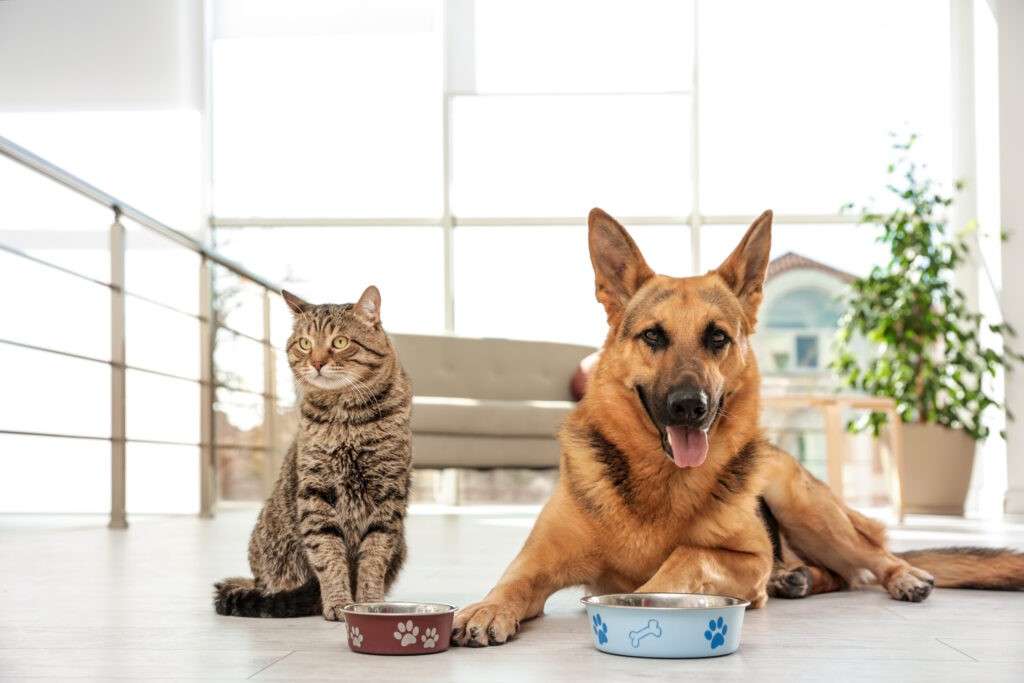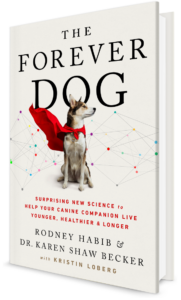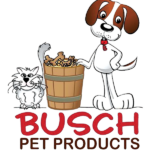Sponsored Content By Stacy Busch-Heisserer
In our quest for healthier living, we often overlook the dietary needs of our pets. As convenience and processed foods dominate human diets, similar trends have infiltrated pet nutrition. But as we learn more about the negative effects of ultra-processed diets on ourselves, it’s time to reconsider what we feed our pets.
Veterinary advice frequently centers around convenience foods, with a notable lack of emphasis on fresh diets. This trend is influenced by the fact that veterinary schools worldwide receive substantial funding from major pet food brands. These financial ties shape the nutrition curriculum, leaving future veterinarians with limited exposure to unbiased information about pet nutrition.
It’s worth questioning why the veterinary industry promotes processed diets when pets, like humans, benefit from fresh, whole foods. Although some veterinarians raise concerns about bacteria in raw pet food, dogs and cats have shorter digestive tracts and more acidic stomachs, which allow them to handle different types of bacteria more effectively than humans. This raises the question: Why should processed, long-shelf-life foods be considered superior to fresh, naturally-grown options?
Processed pet foods undergo high-heat processing, which can damage fats and contribute to pancreatitis. Ironically, low-fat options often exacerbate this problem. Pets, particularly dogs and cats, thrive on meat proteins and healthy fats from unprocessed sources. Once opened, dry food — kibble — begins to deteriorate. Exposure to air causes oxidation, breaking down fats and oils, which can lead to malnutrition, liver and kidney disease, and even cancer. Consequently, kibble is generally only safe for two to three weeks after opening.
A pet’s diet is crucial to their overall health. Consistently feeding the same food, along with frequent medication use, can disrupt a pet’s gut health. This disruption may lead to immune system issues, resulting in increased susceptibility to viruses, diarrhea, irritable bowel syndrome, weight gain, and more severe conditions like diabetes and heart disease. Rotating pet foods is essential for maintaining gut health and overall wellbeing.
Additionally, dry foods containing corn, wheat, and soy can exacerbate allergies and gut issues. They may also contain aflatoxins — naturally-occurring mycotoxins found in animal feed ingredients. These toxins are highly carcinogenic and contribute to the rising number of pets suffering from allergic reactions and digestive inflammation. Aflatoxins are also present in some human peanut butter, often made from lower-quality peanuts.
Environmental factors also impact pet health. For example, yard treatments with pesticides and herbicides can harm pets, who absorb these chemicals through their skin, paws and ingestion. These substances can cause respiratory issues, skin irritations, nausea, vomiting and gastrointestinal problems.
Taking charge of your pet’s health involves making informed dietary choices and minimizing exposure to harmful chemicals. Even if personal dietary changes aren’t on your radar, prioritizing fresh, whole foods and a chemical-free environment can significantly enhance your pet’s health and longevity. By focusing on these aspects, you can help ensure a happier and healthier life for your furry companion.
Upgrade your pet’s wellness: Expert tips and top products
Looking to improve your pet’s health? Start with “The Forever Dog” and “The Forever Dog Life,” both available at Busch Pet Products. “The Forever Dog” provides scientific insights into optimal pet nutrition, while “The Forever Dog Life” offers practical advice for enhancing your dog’s well-being.
Busch Pet Products also offers functional toppers to boost your pet’s health:
- Bone Broth — Several brands are available, including a local favorite from Southern Illinois.
- Raw Goat Milk — Rich in natural probiotics.
- Golden Paste — Turmeric and coconut oil blend helps reduce inflammation.
- Powdered Mushroom — Includes turkey tail, shiitake, and lion’s mane to support immune function and cognitive health.
- Green-Lipped Mussel — Freeze-dried mussels serve as a natural alternative to NSAIDs.
- MCT Oil — Derived from coconut oil, it may help reduce seizures.
- Raw Frozen Bones or Necks — Ideal for dental health and anxiety relief.
- Milk Thistle — Supports liver detoxification, especially important for pets with elevated liver enzymes.
For grocery store options, consider:
- Eggs — Choose pasture-raised for optimal protein.
- Organic Blueberries — Packed with antioxidants to combat chronic conditions.
- Broccoli Stems — Activate anti-cancer sulforaphane when peeled, chopped and allowed to sit.
- Bananas — Opt for greener ones for high fiber and cancer prevention benefits.
At home, make these changes:
- Switch to Stainless Steel — Avoid plastic bowls to prevent bacterial growth.
- Store Pet Food Properly — Keep kibble in its original bag within a dedicated container.
- Use Natural Cleaners — Replace fabric softeners and synthetic air fresheners with vinegar, baking soda and pet-safe essential oils. Consider a steam mop and air purifier for a healthier environment.




